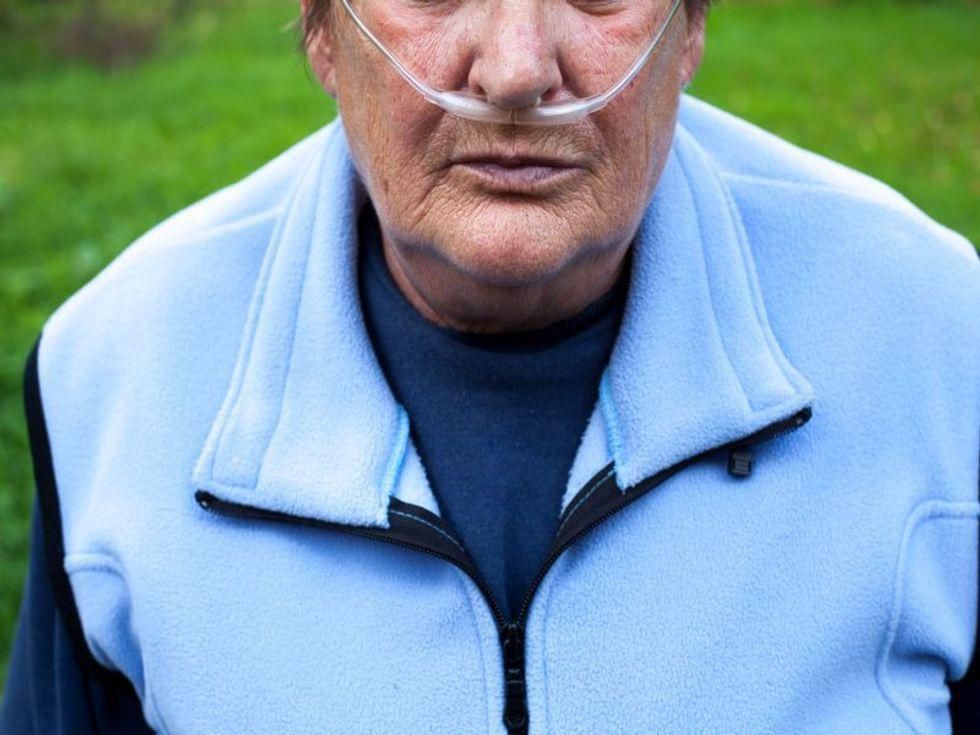
WEDNESDAY, June 16, 2021 (American Heart Association News) — Veronica Cardello hopped in the shower on a Tuesday morning, her thoughts drifting to the full slate of meetings awaiting her at work. Picking up her shampoo bottle, it slipped through her fingers. “Every time I went to grab for it, I just dropped it,” said… read on > read on >






























